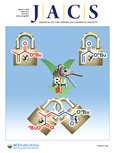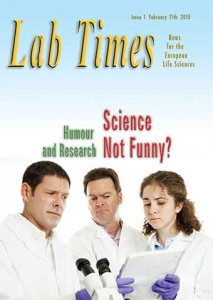 The Journal of the American Chemical Society (JACS) has retracted three articles that had earned expressions of concern by chemistry researchers who were under investigation at the University of Texas, Austin.
The Journal of the American Chemical Society (JACS) has retracted three articles that had earned expressions of concern by chemistry researchers who were under investigation at the University of Texas, Austin.
Kelly Wiggins and Christopher Bielawski have already received two other retractions and several EoCs.
The newly retracted articles have each been cited more than 50 times, according to Thomson Scientific’s Web of Knowledge.
The three papers are: Continue reading Bielawski and Wiggins up retraction count to five with three in JACS





